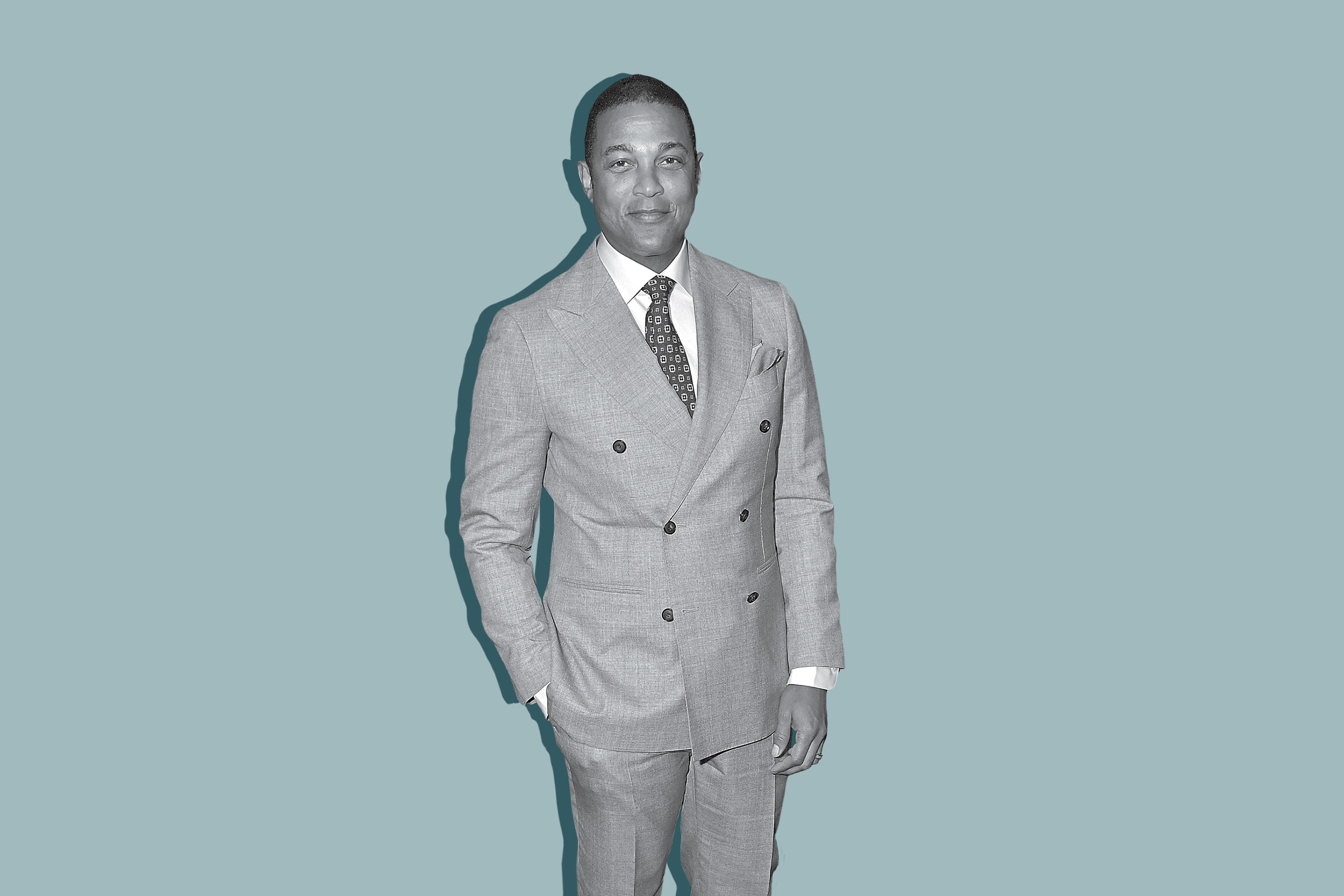In a shocking turn of events, former CNN anchor Don Lemon has found himself at the center of a major controversy following his recent comments about arming Black and brown Americans in response to potential encounters with U.S. Immigration and Customs Enforcement (ICE) agents. The statements have sparked outrage among conservative groups and ignited a national debate over free speech, gun rights, and the role of media figures in shaping public discourse.
Understanding the Context
Don Lemon, who was a prominent face on CNN from 2014 until his show was canceled in 2022, is now a well-known figure on social media and other platforms. His recent remarks on the podcast The Left Hook with Wajahat Ali have brought him back into the spotlight, albeit under controversial circumstances.
Lemon suggested that “Black people, brown people of all stripes” should “legally” get a gun in case their homes were visited by ICE agents. He emphasized that he was not condoning or promoting violence but was instead encouraging people to be prepared for potential encounters with law enforcement.
Why It Matters

The issue at hand is not just about Lemon’s comments but also about the broader implications of such rhetoric. Since President Donald Trump took office, deporting undocumented immigrants has been a key priority. While some support increased scrutiny of legal status, others have raised concerns about the expanded authority of ICE agents and the legality of their actions.
Lemon’s comments have been met with strong reactions from various quarters. Conservative activists and organizations have accused him of inciting violence against ICE agents. For instance, Robby Starbuck, a filmmaker and conservative activist, stated that Lemon was “inciting violence against ICE agents.” Similarly, the Libs of TikTok account, which has 4.5 million followers, claimed that Lemon was “encouraging violence and promoting lawlessness.”
What People Are Saying
Thomas Gift, the founding director of the University College London Centre on U.S. Politics, commented that while it is justifiable to criticize the president’s use of ICE agents, responding with a form of vigilante justice—suggesting that immigrants take up arms against law enforcement—is a step too far. He noted that it is little wonder there has been backlash to Lemon’s comments.
On the other hand, Wajahat Ali, the host of the podcast, defended Lemon’s comments as his first amendment right. He suggested that Republicans only defend constitutional rights for “White Trump supporters,” highlighting the polarizing nature of the debate.
What Happens Next

As of now, Lemon has not publicly responded to the backlash or provided any additional statements about the podcast. However, the conversation around his comments continues to gain traction, with many questioning the responsibility of media figures in shaping public opinion.
Lemon’s history of controversial statements is not new. In March, he claimed that Black “rational MAGA” fans do not exist, prompting some backlash. This latest incident adds to a pattern of self-destruction that has followed him throughout his career.
Legal Implications

In addition to the controversy surrounding his comments, Lemon is also involved in a separate legal battle. A San Francisco judge has ruled that Lemon can proceed with his lawsuit against Elon Musk’s X after his show on the platform was abruptly canceled. The judge allowed Lemon to pursue claims including fraud, misappropriation of name and likeness, and breach of implied contract.
However, the judge dismissed allegations such as negligent misrepresentation, defamation, retaliation, negligence, and harassment. Lemon had demanded a $5 million upfront payment on top of an $8 million salary, along with an equity stake in the social media platform to do the show. Musk reportedly declined these demands, leading to the cancellation of the partnership.
The Broader Debate
The debate surrounding Lemon’s comments highlights the complex relationship between free speech, gun rights, and the responsibilities of public figures. While Lemon argues that he is simply advocating for the protection of citizens’ rights, critics argue that his rhetoric could lead to dangerous consequences.
The question remains: where does one draw the line between legitimate criticism and incitement? As the conversation continues, it is clear that Lemon’s comments have struck a nerve, prompting a broader discussion about the role of media in shaping public discourse and the potential consequences of inflammatory rhetoric.
Conclusion
Don Lemon’s arrest, while not directly related to the recent controversy, underscores the ongoing challenges faced by public figures in navigating the delicate balance between free speech and responsible communication. As the nation grapples with issues of immigration, gun rights, and the power of the media, Lemon’s comments serve as a reminder of the impact that words can have in shaping public opinion.
Stay updated with the latest news and continue to engage in informed discussions about the issues that matter most to you.











More Stories
US Trending News: Exploring Zach Top Greensboro
US Trending News: The ‘Your Mom’ White House: A Trendy Take on Political Humor
US Trending News: Zach Lowe Twitter Updates and Insights